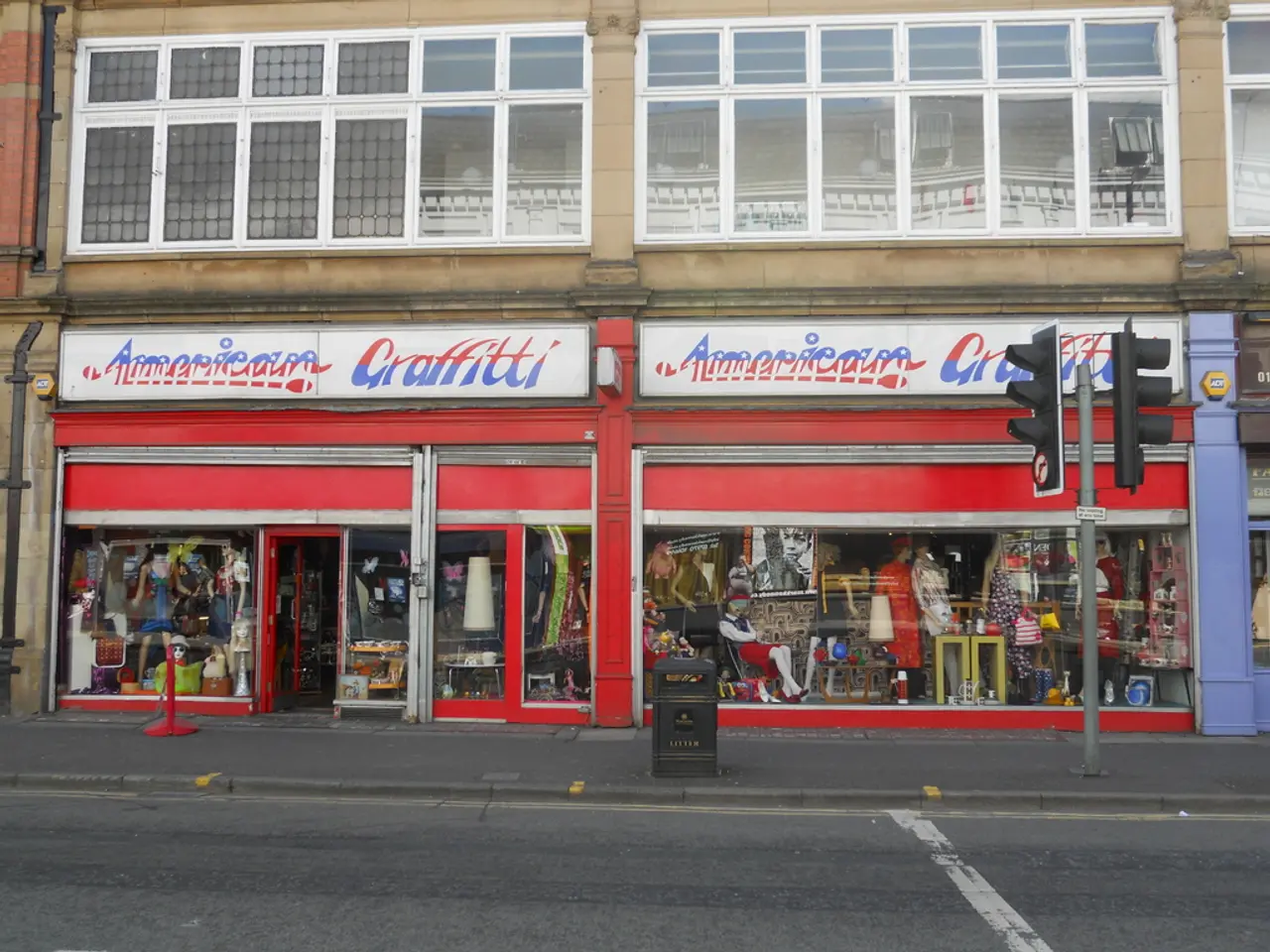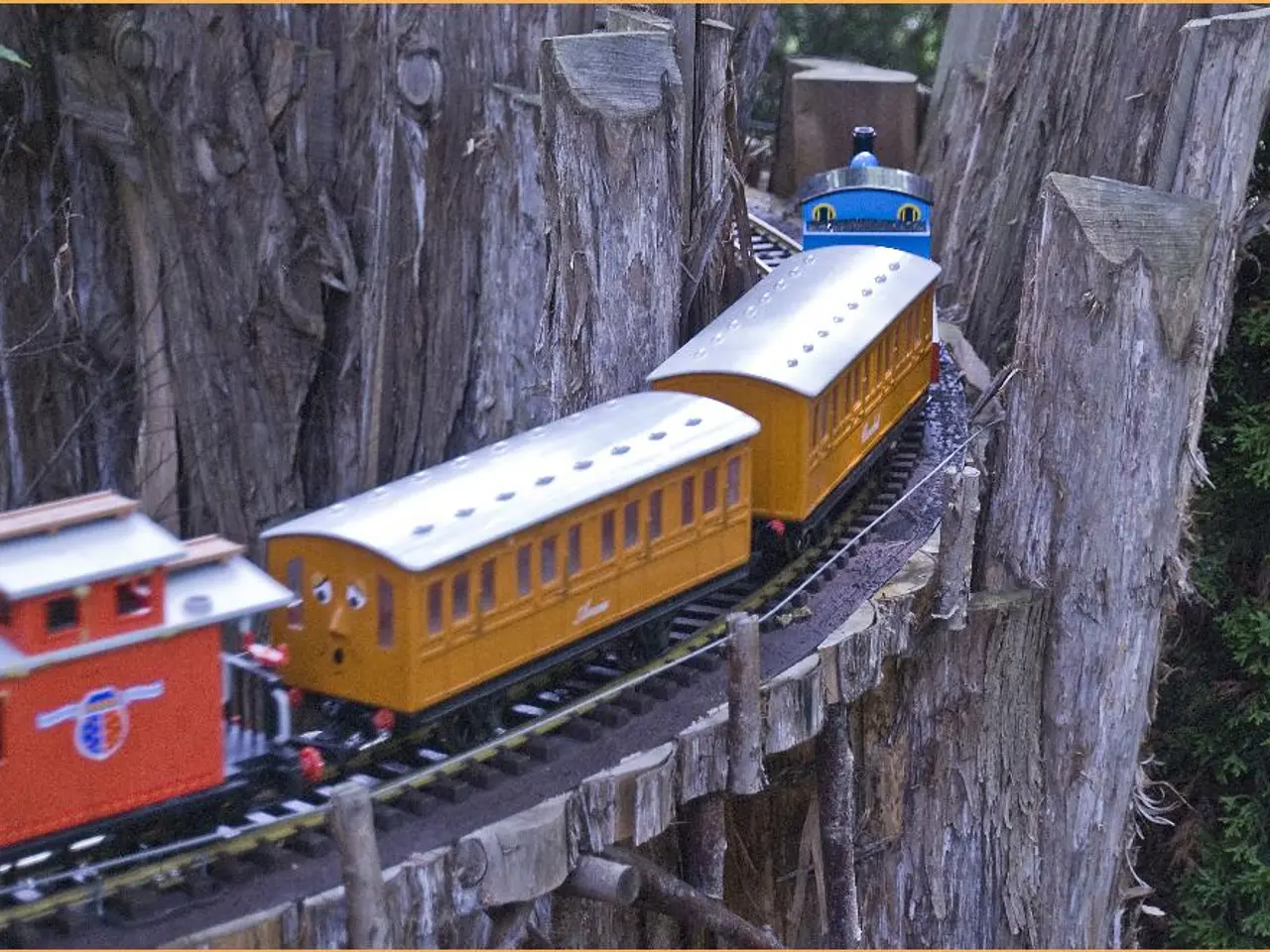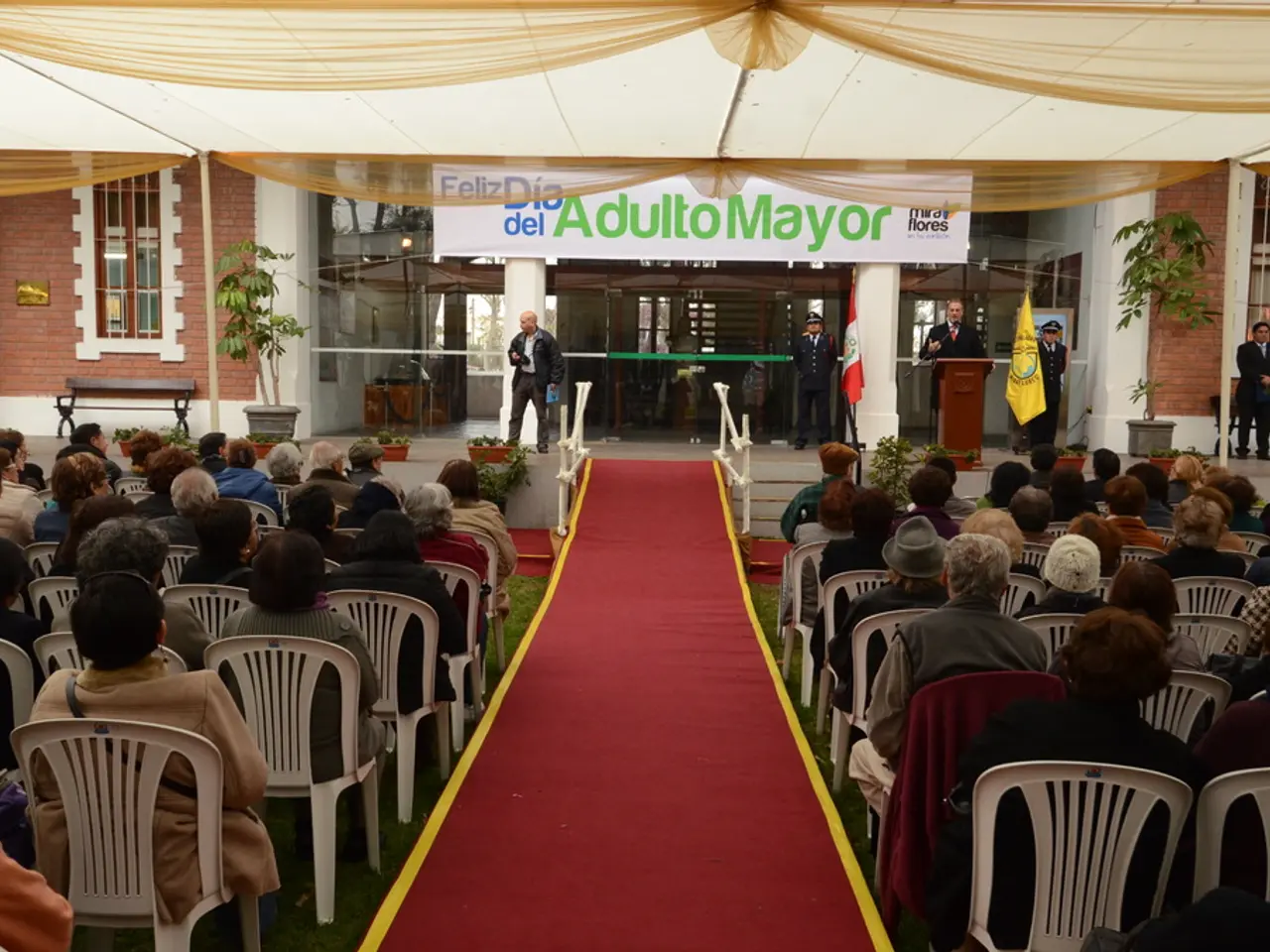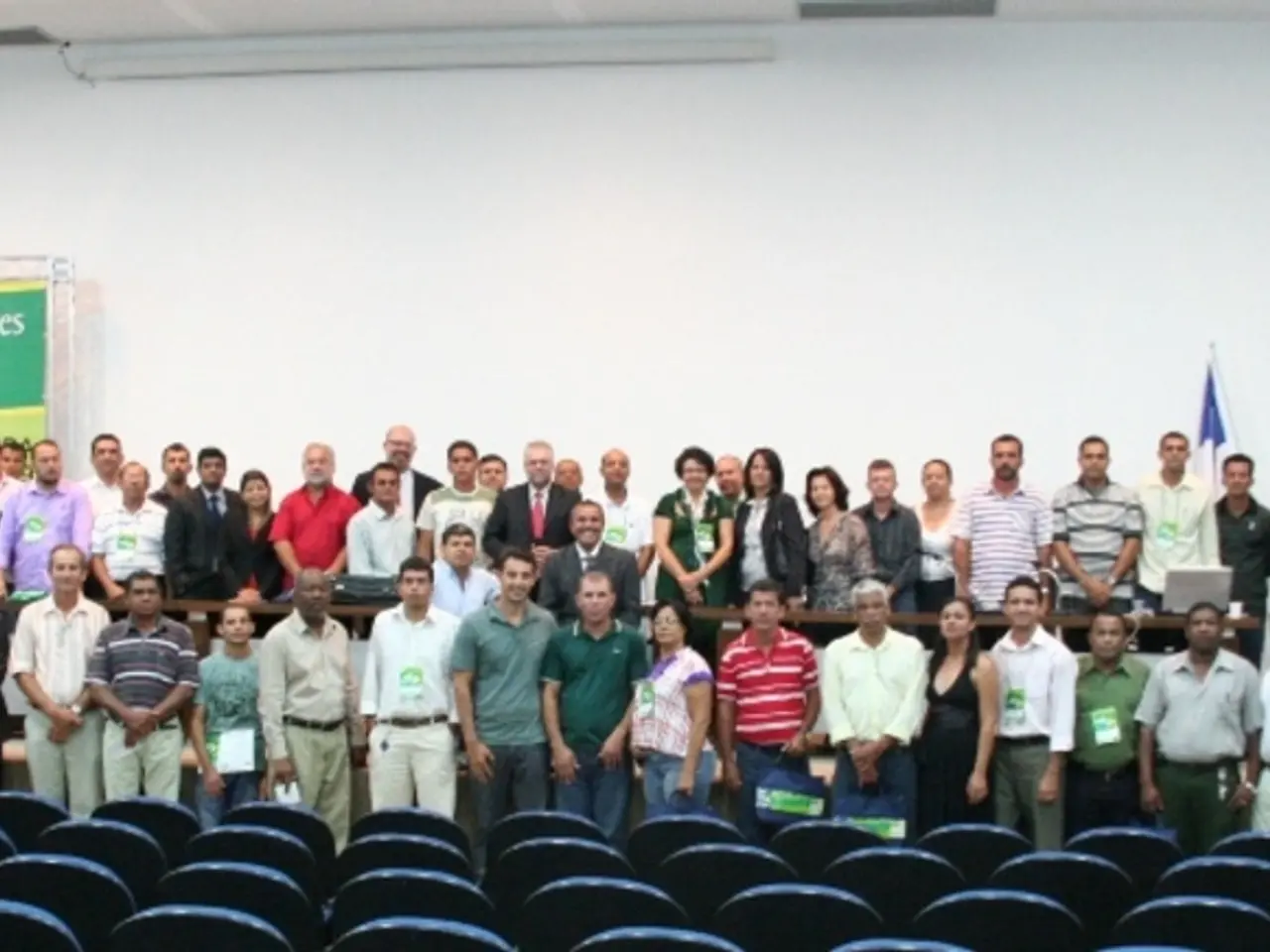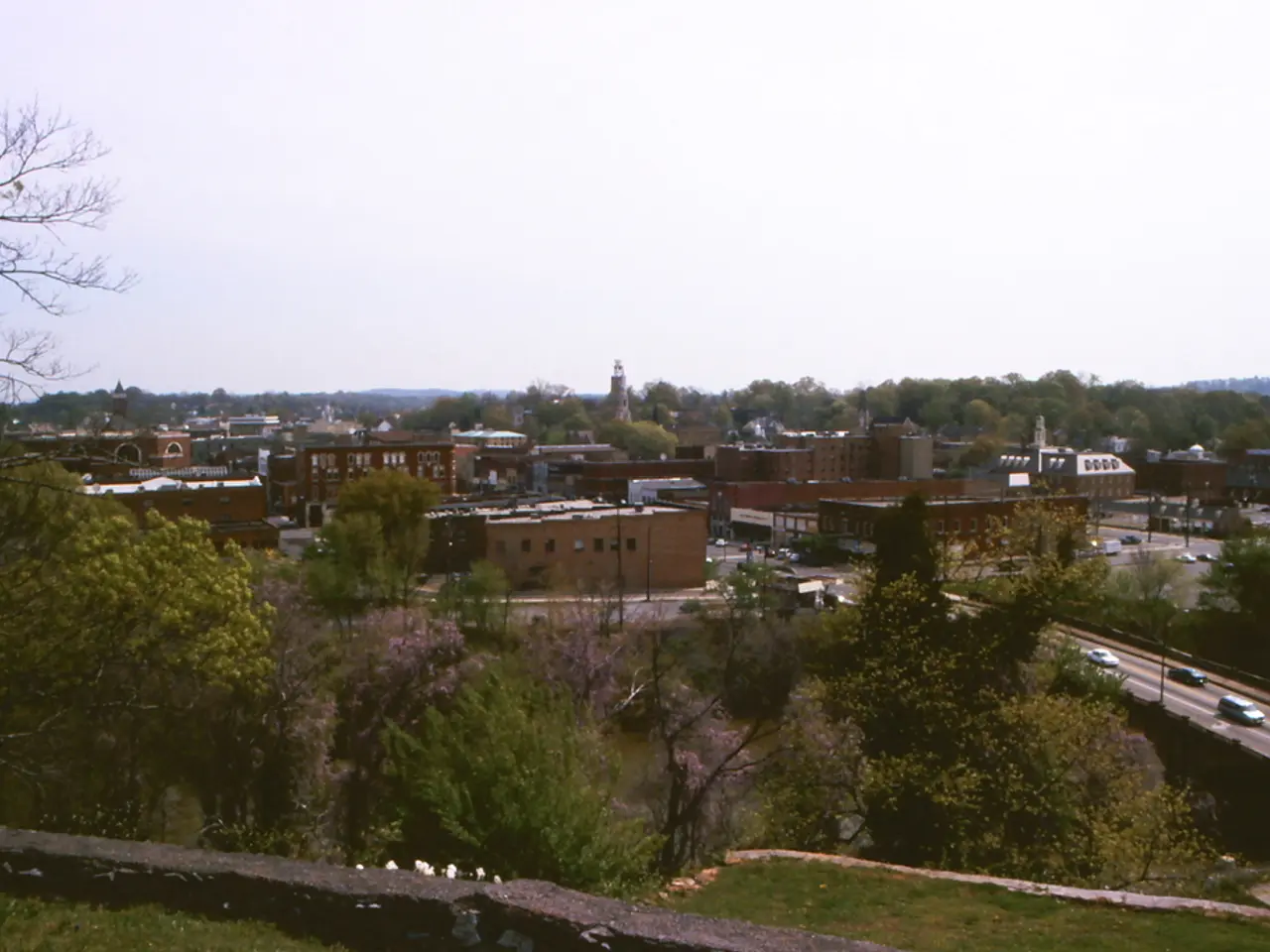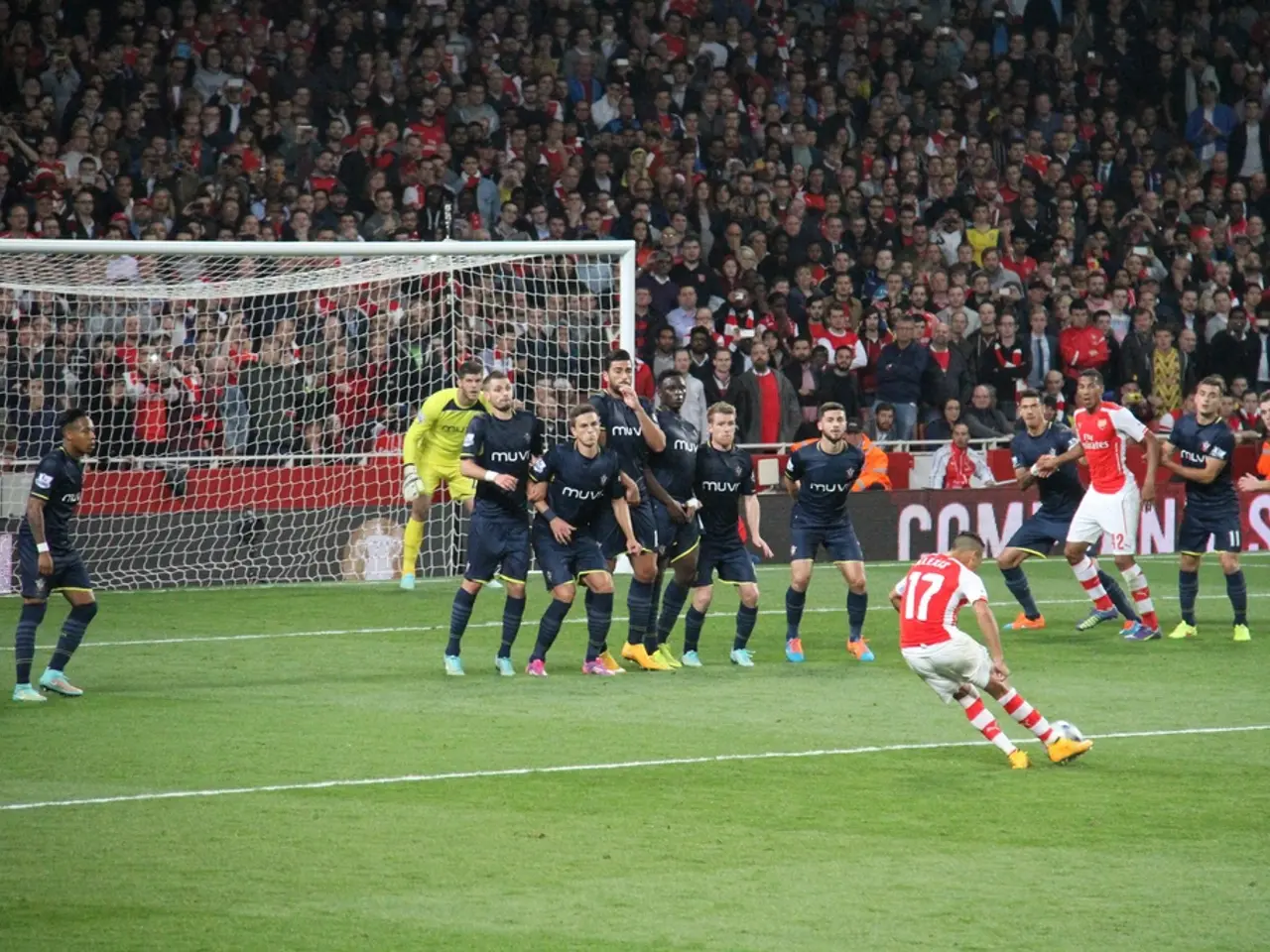Felsch unveils 100-day transportation plan
In the run-up to the mayoral election, Alexander Felsch, the CDU and FDP candidate, has proposed a comprehensive traffic improvement plan for Bergisch Gladbach. Dubbed the "100-day program," the plan is based on the motto "Reason over ideology."
Key Points of the Plan
The focus of Felsch's plan is on sustainable mobility, aiming to shift traffic towards more environmentally friendly modes like cycling, walking, and public transportation. To achieve this, he plans to expand and improve bike lanes, introduce speed limits, and physical measures to reduce car speeds in residential and busy pedestrian areas.
Felsch also proposes enhancing bus and tram services to provide more frequent, reliable, and comfortable options. He plans to make permanent improvements to public transport, such as the S11 and line 1 being reliable connections to Cologne, the expansion of the second track for the S11, the extension of line 1 to connect the technology park, and the reactivation of the old line G from Cologne-Mülheim to Bergisch Gladbach as a future-oriented public transport connection.
The plan also includes the reduction of car traffic in the city center. Felsch proposes limiting car access or reducing parking availability in central areas to discourage driving. To ensure a respectful coexistence of all road users, the plan emphasizes environmental considerations, aiming to reduce air pollution and noise through better traffic management.
Mobility Hubs and Citizen Participation
Felsch suggests setting up mobility hubs with mobility stations for convenient switching between modes of transport. He also emphasizes the importance of involving local residents and stakeholders in planning to ensure the plan meets community needs.
Common Criticisms
While Felsch's plan has received praise for its comprehensive approach, it has also faced criticism. Some argue that the restrictions on car traffic could make commuting more difficult, especially for those without good public transport alternatives. The financial cost of infrastructure changes and public transport upgrades is also seen by some as too high.
Critics question whether the measures will significantly reduce traffic congestion or just shift it elsewhere. Local businesses worry that reduced car access and parking may deter customers. Some residents prefer maintaining current traffic arrangements and view the plan as too disruptive. Skepticism also exists if public transport improvements will be enough to replace car usage.
Addressing Broader Traffic Issues
Felsch has criticized the focus on the Laurentiusstraße instead of addressing broader traffic issues in Bergisch Gladbach. He has also proposed a pragmatic, smart, and interconnected offer of bicycle, car, and public transport, and emphasized the need for forward-thinking traffic planning for the Zanders area.
To ensure efficient express buses, the three-lane expansion of the L289 between Spich and Bensberg could be an important step. Dr. Michael Metten, the chairman of the CDU faction, has criticized the ideologically motivated debate about bike lanes. Dr. Engel, the deputy chairman of the FDP faction, suggests strengthening the Infrastructure and Project Society (IPGL) to complete planning and building of infrastructure measures more quickly.
The CDU and FDP do not accept the town hall's explanation of the maintenance backlog as a lack of planning capacity. The CDU in Bergisch Gladbach criticizes the red-green majority in the council for neglecting the maintenance and expansion of traffic routes, citing a budget of 17 million euros approved in the last two years but only a third built.
In conclusion, Alexander Felsch's traffic turnaround plan for Bergisch Gladbach is a comprehensive approach aimed at improving the city's traffic situation. The plan focuses on sustainable mobility, public transport enhancements, traffic calming measures, and citizen participation. While it faces criticism, it offers a pragmatic and interconnected solution to the city's traffic problems.
- Alexander Felsch's traffic improvement plan, a 100-day program, is not limited to the Laurentiusstraße but aims for a comprehensive solution to Bergisch Gladbach's broader traffic issues.
- In addition to politics and policy-and-legislation, the general-news surrounding the mayoral election in Bergisch Gladbach also includes discussions on traffic and transportation, such as the focus on sustainable mobility in Felsch's plan and the criticisms it faces.
